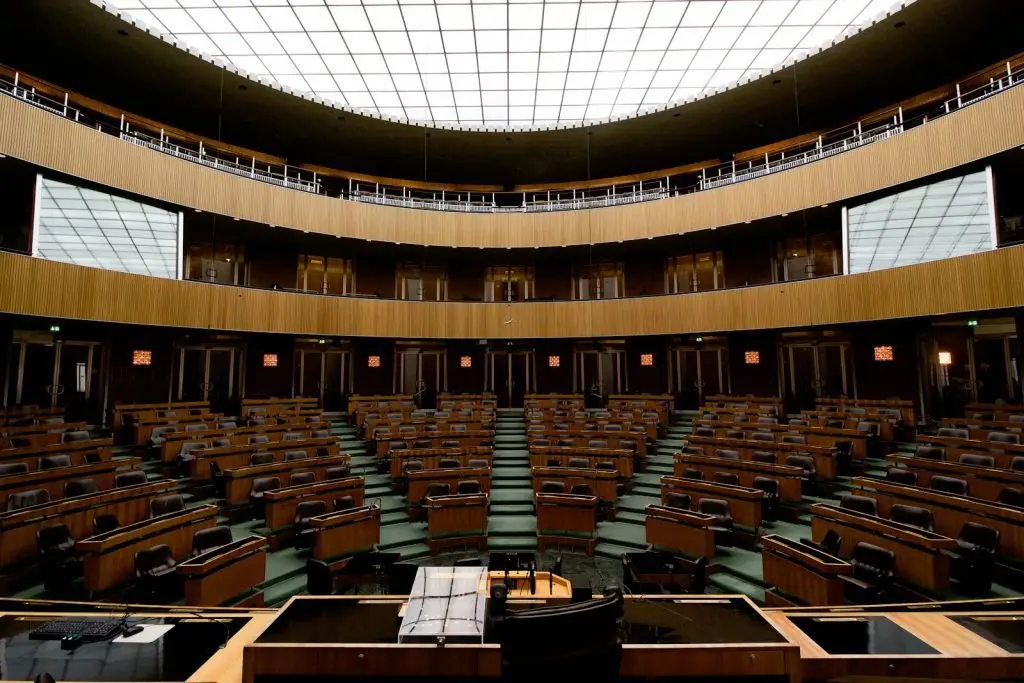
“Bérenger government nominations: PM expresses dissatisfaction. Discover 5 powerful truths about governance, accountability, and political reform in Mauritius.
Bérenger Government Nominations: 5 Powerful Truths Behind the Political Critique
In a rare moment of political candor, veteran statesman Paul Bérenger has publicly voiced his discontent with a series of appointments made within the current Mauritian government. During a recent press briefing, Bérenger acknowledged that he personally is not satisfied with certain nominations, describing them as falling short of the standards required for effective leadership. He also highlighted “certain delays” in the functioning of key state institutions, linking them directly to the quality of appointments and administrative follow-up.
The Bérenger government nominations critique is not merely a private grievance it is a significant public statement from a senior figure within the ruling coalition. In a political culture where unity is often prioritized over transparency, such honesty signals a growing demand for competence, accountability, and merit-based governance in public office.
Bérenger Government Nominations: When Leadership Demands Honesty
Appointing individuals to high-level government roles is one of the most consequential decisions a political administration can make. These choices shape policy implementation, institutional efficiency, and public trust. While political alliances often influence such decisions, Bérenger’s remarks suggest a growing concern that loyalty is being prioritized over capability.
His critique avoids personal attacks but focuses on outcomes: sluggish institutions, delayed reforms, and underperformance. By doing so, he reframes the debate from partisanship to performance a crucial step toward strengthening public service and restoring citizen confidence.
When a Leader Speaks, the Nation Listens
As highlighted in Mauritius Times – The issue with parliamentary pensions is not whether they’re contributory, but the age of eligibility, “Government must act to show that the same criteria apply equally to all.” Similarly, in appointments, fairness and competence must be non-negotiable when they’re compromised, public confidence weakens.

Truth #1: Dissatisfaction Can Be a Sign of Integrity
One of the most powerful truths about the Bérenger government nominations statement is that speaking up from within the system is often harder than criticizing from the outside. Bérenger’s willingness to voice concern publicly and constructively reflects a commitment to good governance over political convenience.
In many democracies, silence in the face of flawed decisions is mistaken for loyalty. But true loyalty to a nation means demanding better.
Honesty Is the Highest Form of Patriotism
As seen in other global issues from Queen kaMayisela’s attempt to interdict a royal wedding to Archbishop Makgoba rejecting fake news when truth is suppressed, institutions weaken.
Truth #2: Appointments Shape National Performance
The success or failure of government policies often depends not on the policy itself, but on the people implementing it. The Bérenger government nominations critique highlights a critical reality: if key positions are filled based on loyalty rather than expertise, delays and inefficiencies are inevitable.
“Certain delays” in institutional performance, as Bérenger noted, are rarely accidental they are often symptoms of poor leadership placement.
No Vision Succeeds Without the Right Team
As noted in SABC News – The man suspected to have abducted and raped two nurses has been arrested, “Public trust is fragile and it must be earned.” The same applies to governance: if citizens see unqualified individuals in power, they lose faith in the system.
Truth #3: Merit Should Trump Favoritism
Bérenger’s remarks implicitly challenge a common flaw in political systems: the tendency to reward supporters with public offices, regardless of their qualifications. While coalition politics requires compromise, it should not come at the expense of national efficiency.
The Bérenger government nominations critique calls for a return to merit-based appointments where competence, experience, and integrity are the primary criteria.
Power Should Be Earned, Not Given
When a ministry underperforms, it’s not always the fault of the staff it may be the fault of the appointment.
Truth #4: Internal Criticism Strengthens Democracy
Democracy is not just about elections it’s about accountability, debate, and the freedom to question. The fact that a senior leader like Bérenger can openly express concern without fear of retribution is a sign of institutional health.
The Bérenger government nominations moment should not be dismissed as political noise it should be welcomed as democratic maturity.
A Government That Listens Is a Government That Learns
As highlighted in Mauritius Times – The issue with parliamentary pensions is not whether they’re contributory, but the age of eligibility, “The issue with accountability is not whether systems exist, but whether they are enforced.” The same applies to appointments: if performance is not monitored, failure is guaranteed.
Truth #5: This Is a Call for Reform, Not Resignation
Bérenger did not call for resignations or upheaval he called for reflection. The Bérenger government nominations message is not one of rebellion, but of reform. It urges the government to re-evaluate its priorities, strengthen its institutions, and ensure that every appointment serves the public interest.
In a world where leaders often avoid difficult conversations, this moment stands out as an act of courage and responsibility.
Change Begins with a Single Honest Statement
When a politician admits that things can be better, he doesn’t weaken the government he strengthens its credibility.
Conclusion: A Moment of Clarity in Mauritian Politics
The Bérenger government nominations critique is more than a passing comment it is a pivotal moment in Mauritius’s political journey. It reminds us that good governance is not automatic; it requires vigilance, honesty, and a constant commitment to improvement.
As Mauritius continues to navigate complex economic and social challenges, the quality of its leadership and the integrity of its appointments will determine the pace of progress. Bérenger’s words serve as both a warning and an invitation: to build a government not on loyalty alone, but on competence, transparency, and service to the people.
For deeper insights on governance and national reform, read our analysis: Good Governance in Mauritius – Challenges and Solutions.


